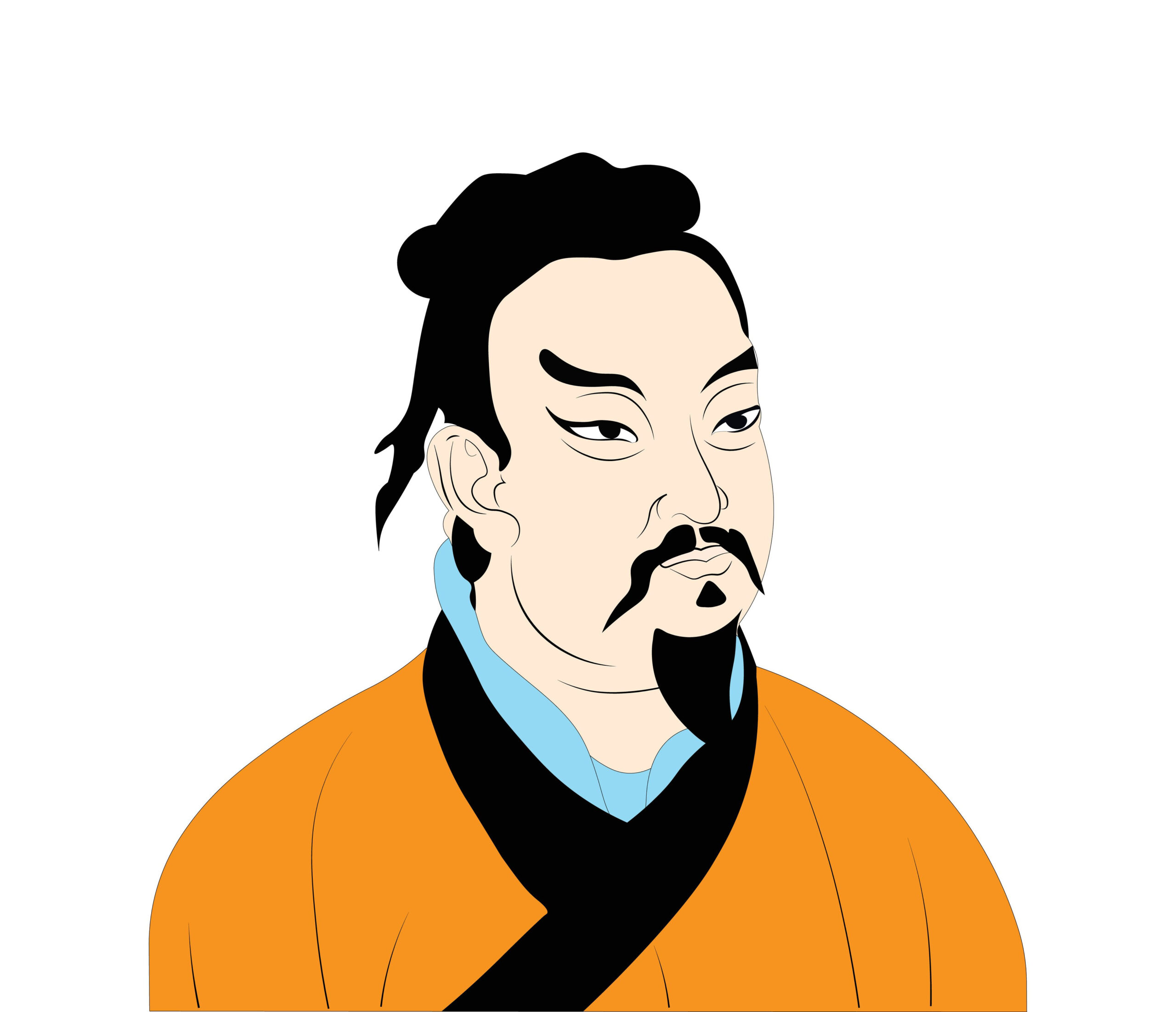Applying Sun Tzu’s Art of War to Business Strategy
- Posted in Strategy
- 5 mins read

Sun Tzu, the ancient Chinese military strategist, and philosopher, is renowned for his masterpiece “The Art of War.” Although written over two millennia ago, its principles remain remarkably relevant in modern business strategy. This timeless wisdom offers valuable insights into the art of competition and effective leadership. In this article, we will explore how Sun Tzu’s principles can be applied to business strategy, empowering entrepreneurs and leaders to succeed in today’s competitive landscape.
1. Know Your Competition:
“Know thyself, know thy enemy. A thousand battles, a thousand victories.” – Sun Tzu
Understanding the competitive landscape is crucial for any business seeking sustainable success. Sun Tzu emphasizes the significance of knowing your strengths and weaknesses and those of your competitors. A comprehensive analysis of the market, competitors, and industry trends allows businesses to identify strategic advantages and anticipate potential challenges.
2. Emphasize Adaptability:
“Water shapes its course according to the nature of the ground over which it flows; the soldier works out his victory in relation to the foe whom he is facing.” – Sun Tzu
Flexibility and adaptability are critical traits for businesses seeking to thrive in dynamic markets. As water flows around obstacles, successful companies adjust their strategies to respond to changing circumstances and new opportunities. Embrace agility and be willing to shift tactics based on real-time feedback and emerging trends.
3. The Importance of Planning:
“In war, the way is to avoid what is strong and to strike at what is weak.” – Sun Tzu
Effective planning is the foundation of a successful business strategy. Sun Tzu stresses the significance of identifying and targeting competitors’ weaknesses while avoiding confrontations that might lead to unnecessary losses. A well-thought-out plan provides direction and minimizes risks, positioning a business for calculated moves.
4. Exploit Information Advantage:
“If you know the enemy and know yourself, you need not fear the result of a hundred battles.” – Sun Tzu
In the information age, knowledge is power. Gathering intelligence about competitors, customers, and industry trends provides a strategic edge. Utilize market research, data analytics, and customer feedback to gain valuable insights and make informed decisions.
5. Focus on Leadership:
“When one treats people with benevolence, justice, and righteousness, and reposes confidence in them, the army will be united in mind, and all will be happy to serve their leaders.” – Sun Tzu
Strong leadership is fundamental to achieving victory in both war and business. Leaders who inspire trust and cultivate a unified team foster a motivated and committed workforce. Lead by example, and establish a positive company culture that encourages collaboration and innovation.
6. Timing and Opportunity:
“To fight and conquer in all our battles is not supreme excellence; supreme excellence consists in breaking the enemy’s resistance without fighting.” – Sun Tzu
In business, timing is critical. Identifying opportune moments to enter the market, launch a new product, or expand operations can lead to substantial gains. Sometimes, the most effective strategy is to capitalize on opportunities without confrontation.
7. Resource Management:
“There is no instance of a nation benefiting from prolonged warfare.” – Sun Tzu
Efficient resource management is vital for sustainable growth and success. Avoid prolonged battles or resource-draining endeavors. Instead, allocate resources strategically to areas with the highest potential return on investment.
8. The Power of Deception:
“All warfare is based on deception.” – Sun Tzu
In business, creating a sense of mystery and intrigue can be advantageous. Keep competitors guessing about your next move, maintain confidentiality around proprietary information, and strategically position your brand to gain a competitive edge.
9. Unite the Team:
“When the common soldiers are too strong and their officers too weak, the result is insubordination. When the officers are too strong and the common soldiers too weak, the result is collapse.” – Sun Tzu
A strong team with a well-balanced hierarchy is essential for success. Encourage open communication, empower team members to take ownership of their responsibilities, and ensure alignment with the strategic vision.
10. Be Prepared for Change:
“In war, the way is to avoid what is strong and to strike at what is weak.” – Sun Tzu
In the ever-evolving business landscape, change is constant. Be proactive in embracing change, staying ahead of trends, and anticipating shifts in customer demands. This adaptability will ensure your business remains relevant and competitive.
Sun Tzu’s “The Art of War” offers timeless wisdom that extends beyond the battlefield into business strategy. Businesses can succeed in today’s competitive market by understanding and applying the principles of knowing your competition, emphasizing adaptability, effective planning, exploiting information advantage, and focusing on leadership. Recognize the power of timing and opportunity, practice efficient resource management, and leverage the power of deception when appropriate. Unite your team, encourage a culture of openness, and prepare for change. By integrating these age-old principles into your business strategy, you can navigate the complexities of modern business and achieve victory in your endeavors. Sun Tzu famously stated, “Victorious warriors win first and then go to war, while defeated warriors go to war first and then seek to win.” Applying these strategic principles can pave the way for success in your business ventures.
Related: 7 Keys To Crafting A Winning Business Strategy
Related: Applying Lessons From Napoleon To Business Strategy
Related: Applying Lessons From Alexander The Great To Business Strategy
Related: Applying Lessons From Julius Caesar To Business Strategy
Related: Applying Lessons From Marcus Aurelius To Business Strategy
Share with:








